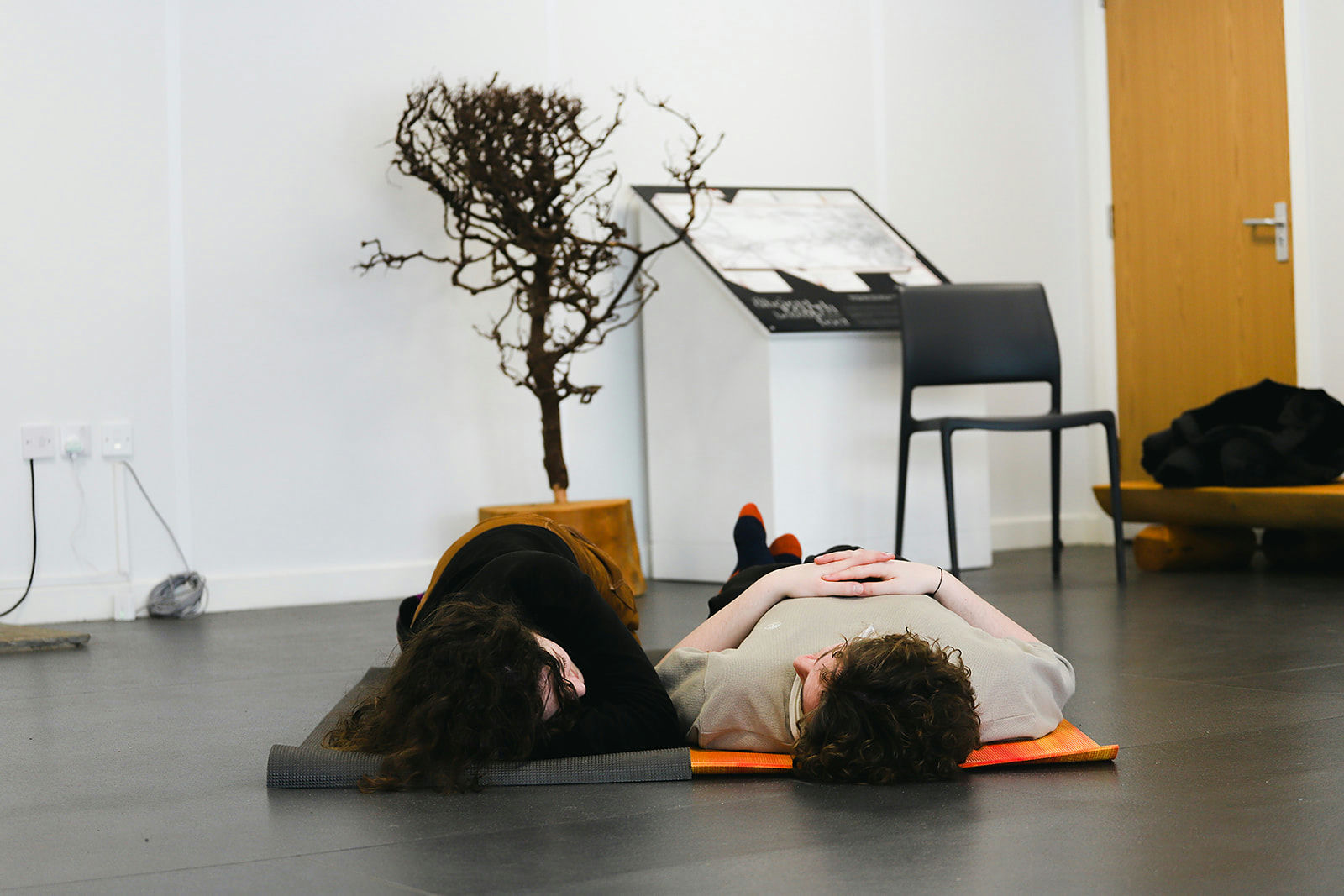If you find your voice gets higher when you’re nervous or emotional, then this is the blog post for you. What luck!
It comes up a lot with podcast hosts – especially for adrenaline fuelled live episodes or high stakes podcast interviews.
Your voice changes when you’re nervous or emotional because of “fight or flight” response. When you’re nervous or excited, your body triggers a series of physiological reactions designed to help you, one of which is muscle tension. But this muscle tension doesn’t just affect your arms and legs; it affects the muscles around our larynx, or voice box, too. When these muscles tighten, they can cause your vocal cords to stretch, resulting in a higher pitch.
But don’t worry— Here are three things you can do to counteract the effect of those emotions on your voice and stop your voice getting higher when you’re nervous or emotional.
Number one, warmups and body stretches. Athletes warm up their muscles before a game, and warming up your vocal cords and doing some body stretches will help release muscle tension. This will make it easier for you to control your pitch. Try a few shoulder rolls and next stretches before you record. You could also try a spine roll – check out episode 12 of my podcast.
Number two, grounding and stability. This means feeling connected to the floor and physically settled. Try standing with your feet hip-width apart, and imagine roots growing from your feet into the ground. This visualisation can help you feel more stable and less likely to tense up.
Number three, breathing exercises. Focusing on breathing out can help to calm your nervous system and reduce the fight or flight response. Focus on releasing your belly and breathing deeply into your body and then letting that breath release out on a gentle hum.
So there you go. Warm-ups and body stretches, grounding and stability, and breathing out can help you manage the pitch so your voice doesn’t get higher when you’re nervous or emotional. Try them before you record your next podcast
For more help with vocal warm ups for podcasting and hosting, check out my book On The Mic here.




